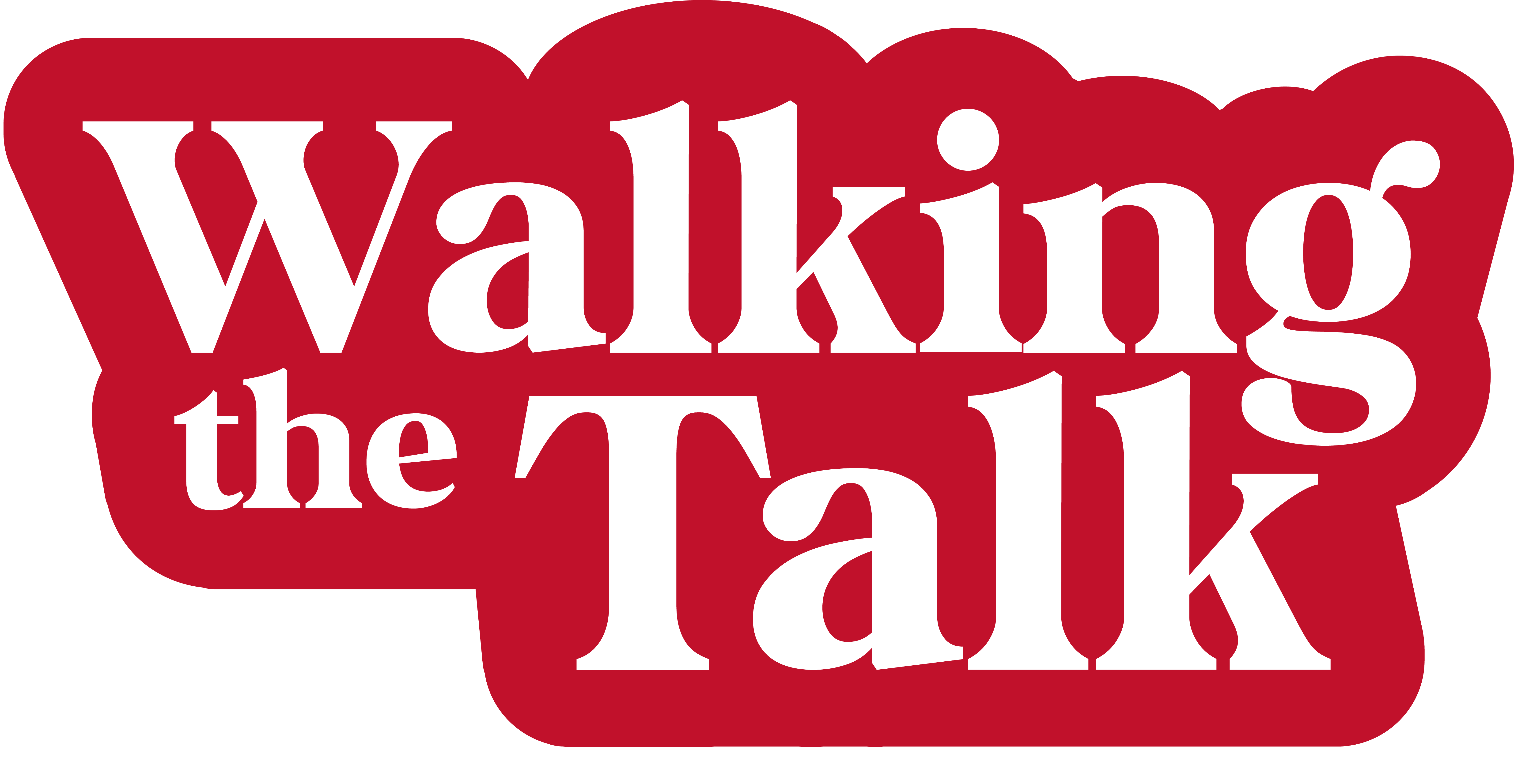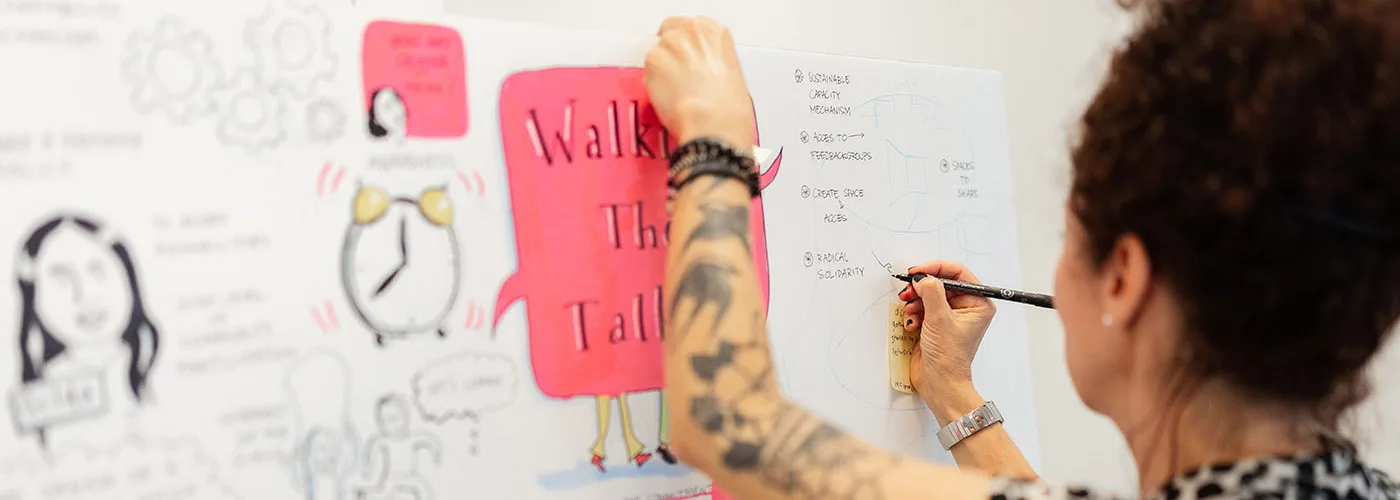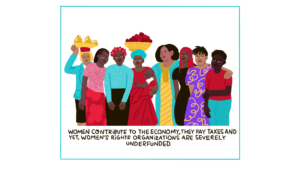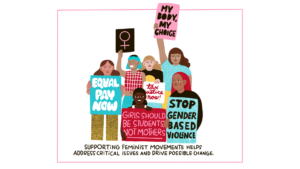Key information
Country: India
Researchers: Aanshi Gupta, Ami Misra and Mahima Sharda
Advocacy summary
Most donations from Indian family funders focus on education and health, leaving gender equity initiatives severely underfunded. With regulatory constraints in foreign and corporate social responsibility (CSR) giving, family philanthropy can be vital in long-term resourcing towards gender equity. A new generation of family givers is beginning to adopt more inclusive and transformative giving practices, and it is necessary to leverage this momentum. Addressing intersectional inequalities by adopting Gender, Equality, Diversity, and Inclusion (GEDI) can build proximate leadership and create intergenerational benefits for women, girls, and gender minorities. This research codifies good practices by feminist funding groups and cross-pollinating insights into family giving with a focus on India. This research highlights family philanthropy as a viable alternative to ODA funding.

Recommendations
- Fund organizations and individuals rooted in feminist movements
- Support organizations with small budgets and rethink scale
- Build infrastructure for dialogue, cross-learning, and collaborative action
- Integrate intersectionality with a focus on dismantling caste discrimination
Authors

Aanshi Gupta
Aanshi Gupta is a member of the Research and Insights team at Dasra. With a background in public health, Aanshi is passionate about improving community health and well-being to drive sustainable development. Previously, Aanshi worked on health communication, policy, and research projects at Global Health Strategies. She has also worked at the WHO Collaborating Centre (Imperial College London) and the Harvard T.H. Chan School of Public Health. Aanshi completed her Master’s in Public Health (MPH) at Imperial College London and holds a Bachelor’s in Arts and Sciences (BASc) from University College London.

Ami Misra
Ami Misra leads the Research and Insights team at Dasra. Her research practice is focused on the philanthropy ecosystem, gender equity, and development studies. She has anchored key flagship reports by Dasra. Her worldview is rooted in feminism, compassion, and an intuitive optimism. She graduated from the Tata Institute of Social Sciences, specializing in gender studies, and has an executive degree in social policy from ETH Zurich. Before Dasra, Ami worked as a researcher and evaluator with the government, multilateral agencies, and think tanks, such as the NITI Aayog and UN Women.

Mahima Sharda
Mahima Sharda is a committed nonprofit and public sector professional with over two years of international and domestic experience. Originally from Jaipur, she completed a Master’s in Public Administration, specialising in international development, at New York University. Here, she was a Gallatin Human Rights Fellow and Ellen Schall Scholar. Mahima also holds a Master’s in Financial Economics from Singapore Management University. Before joining Dasra in 2022, Mahima worked in various roles across the social sector with the UNDP, the Afghanistan Mission to the UN, and Crisis Group. She is passionate about gender equality, animal welfare, and improving access to financial services.




